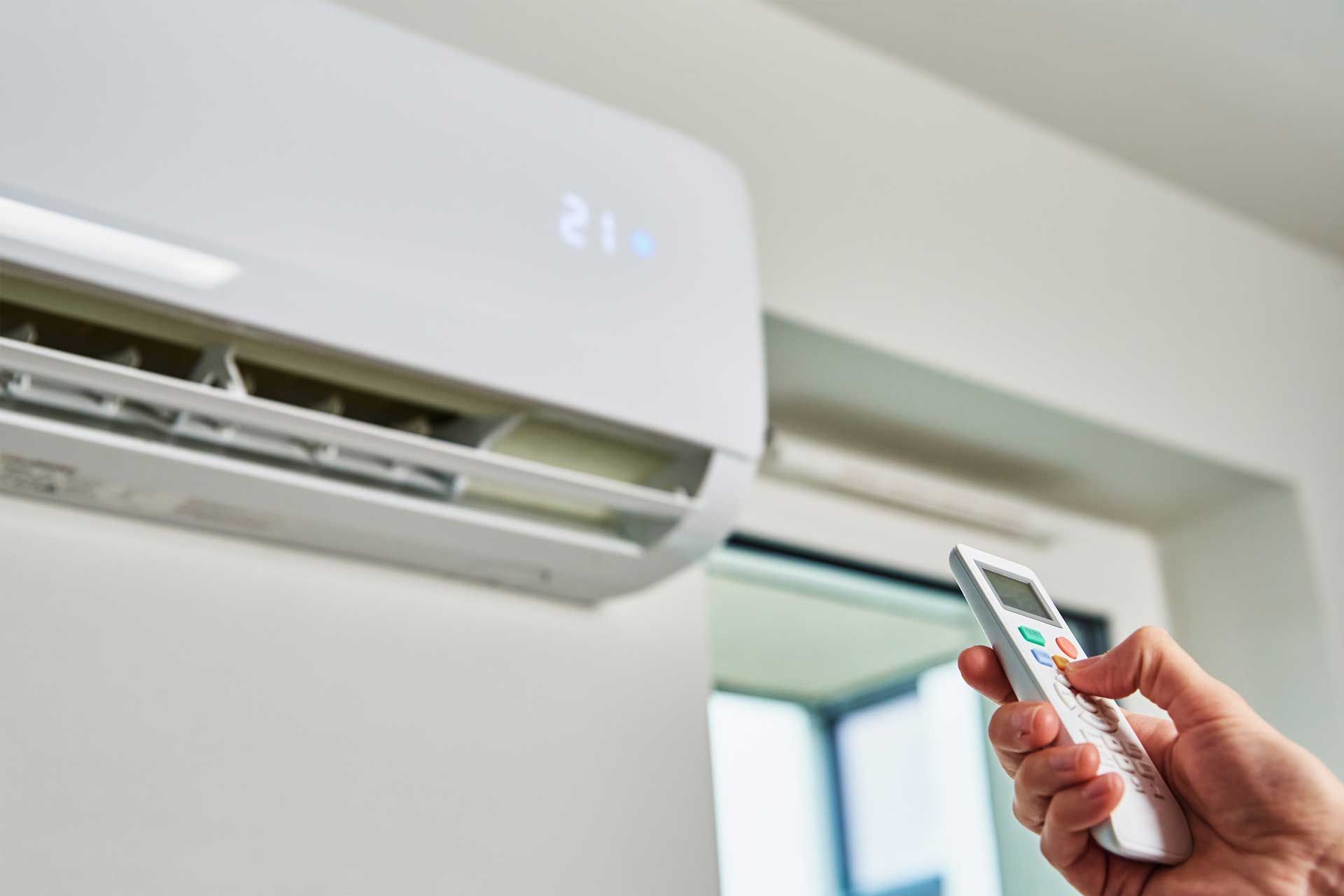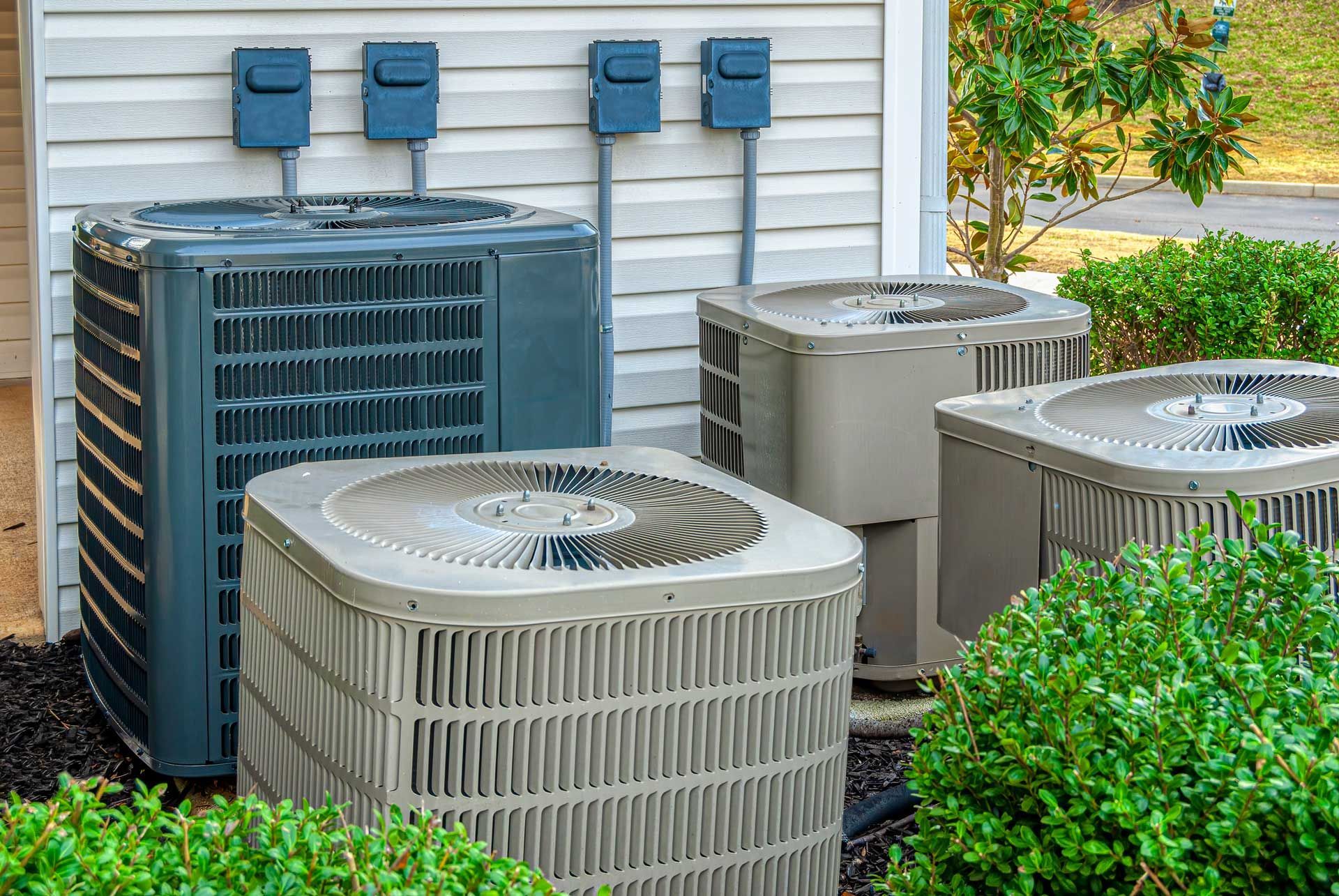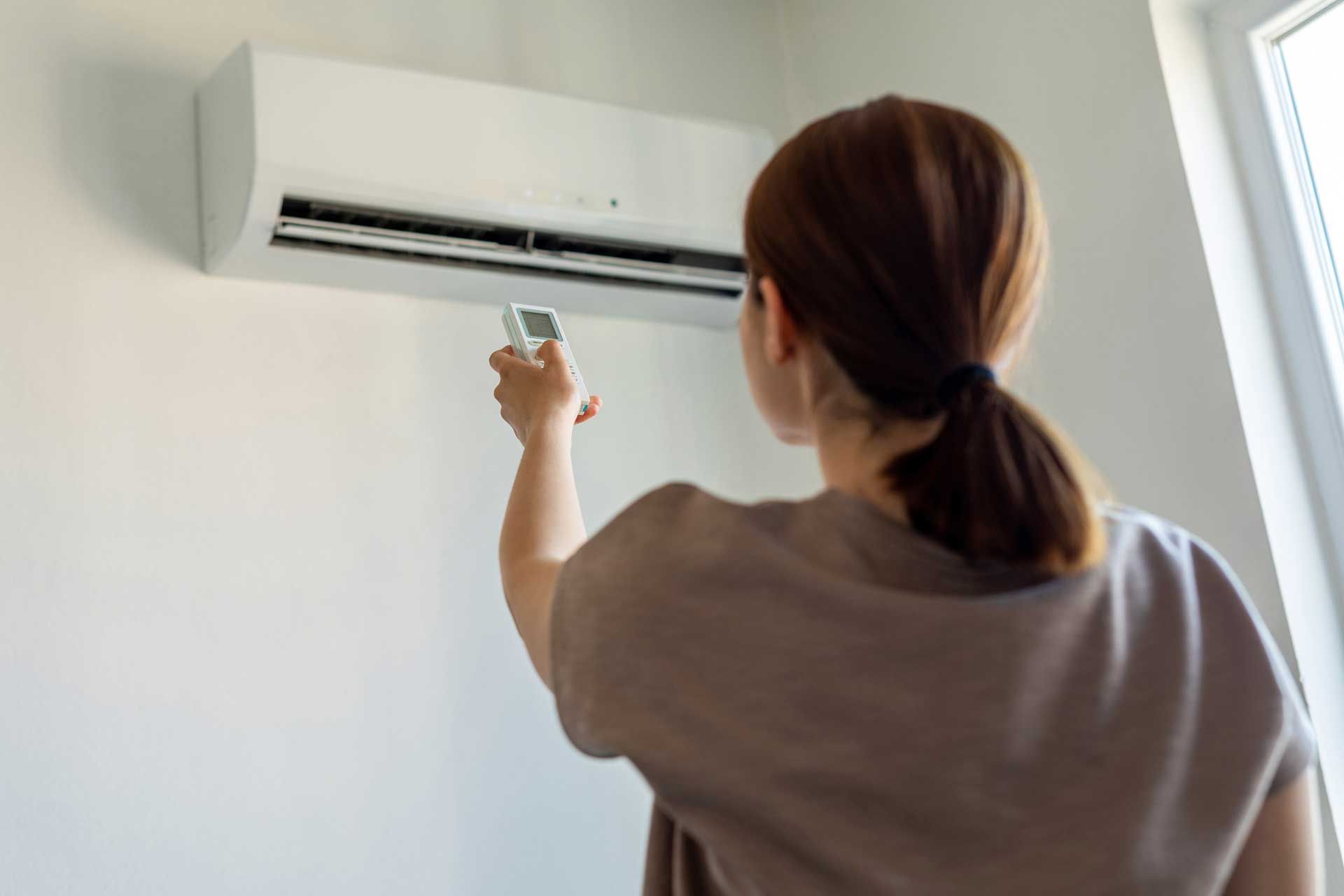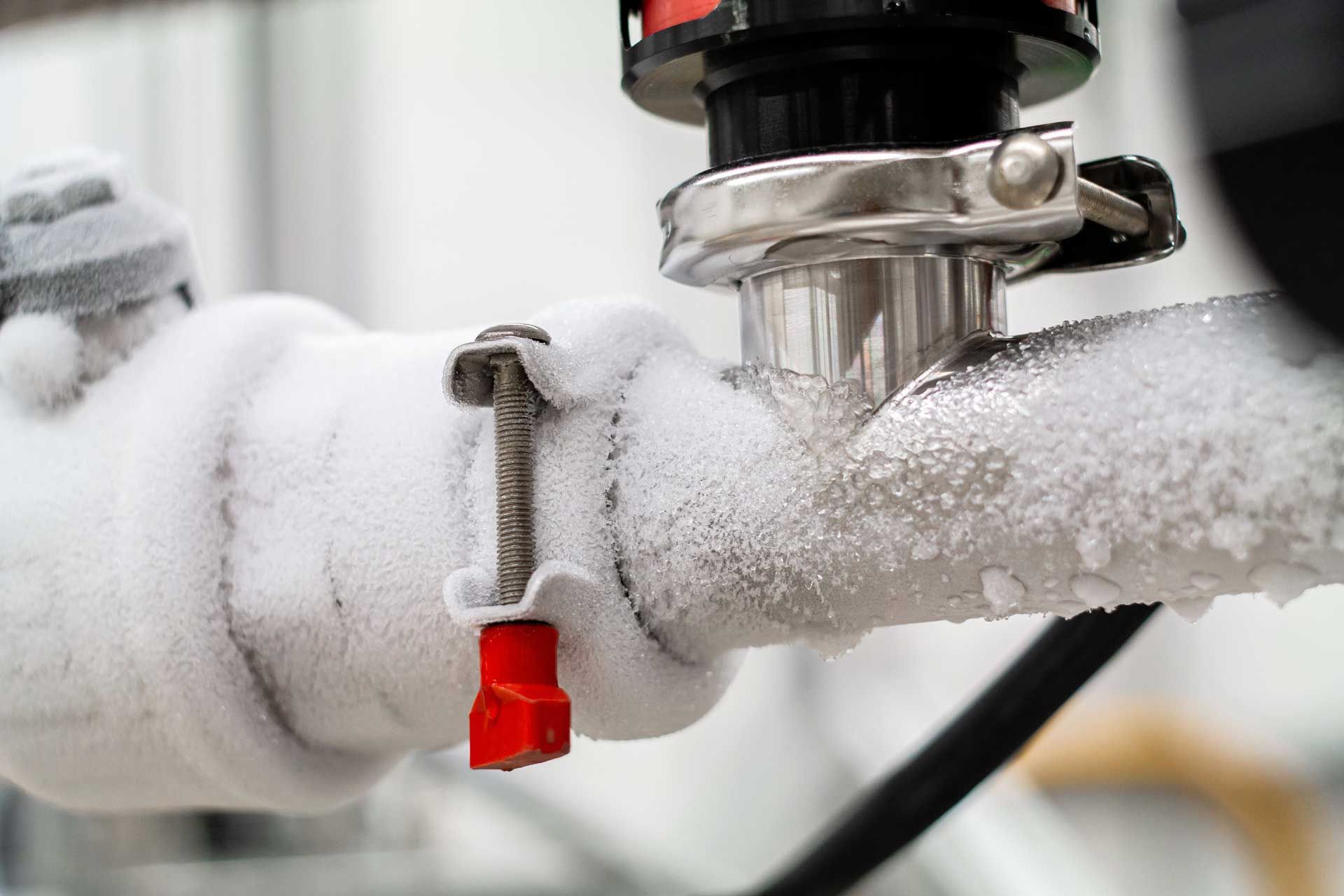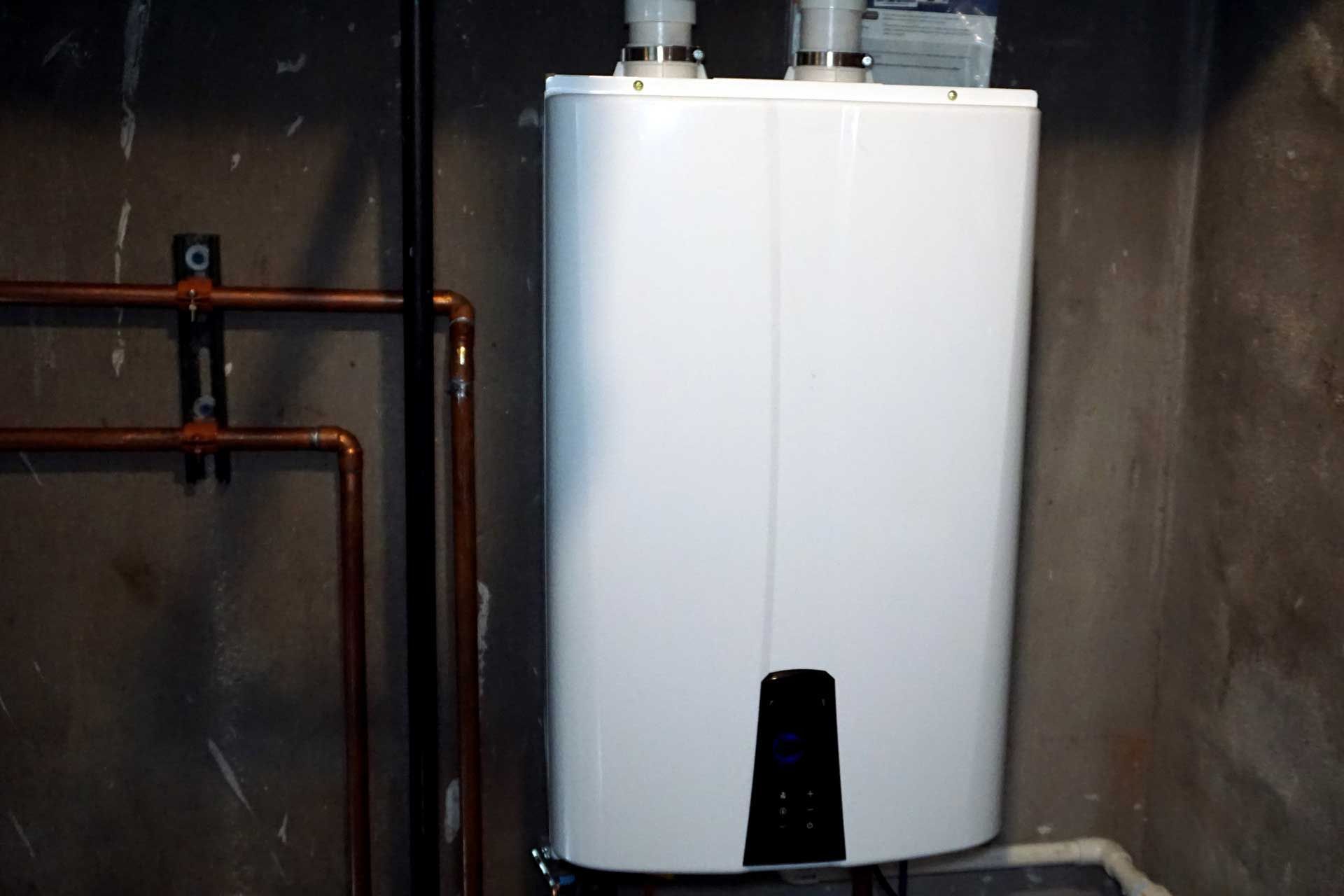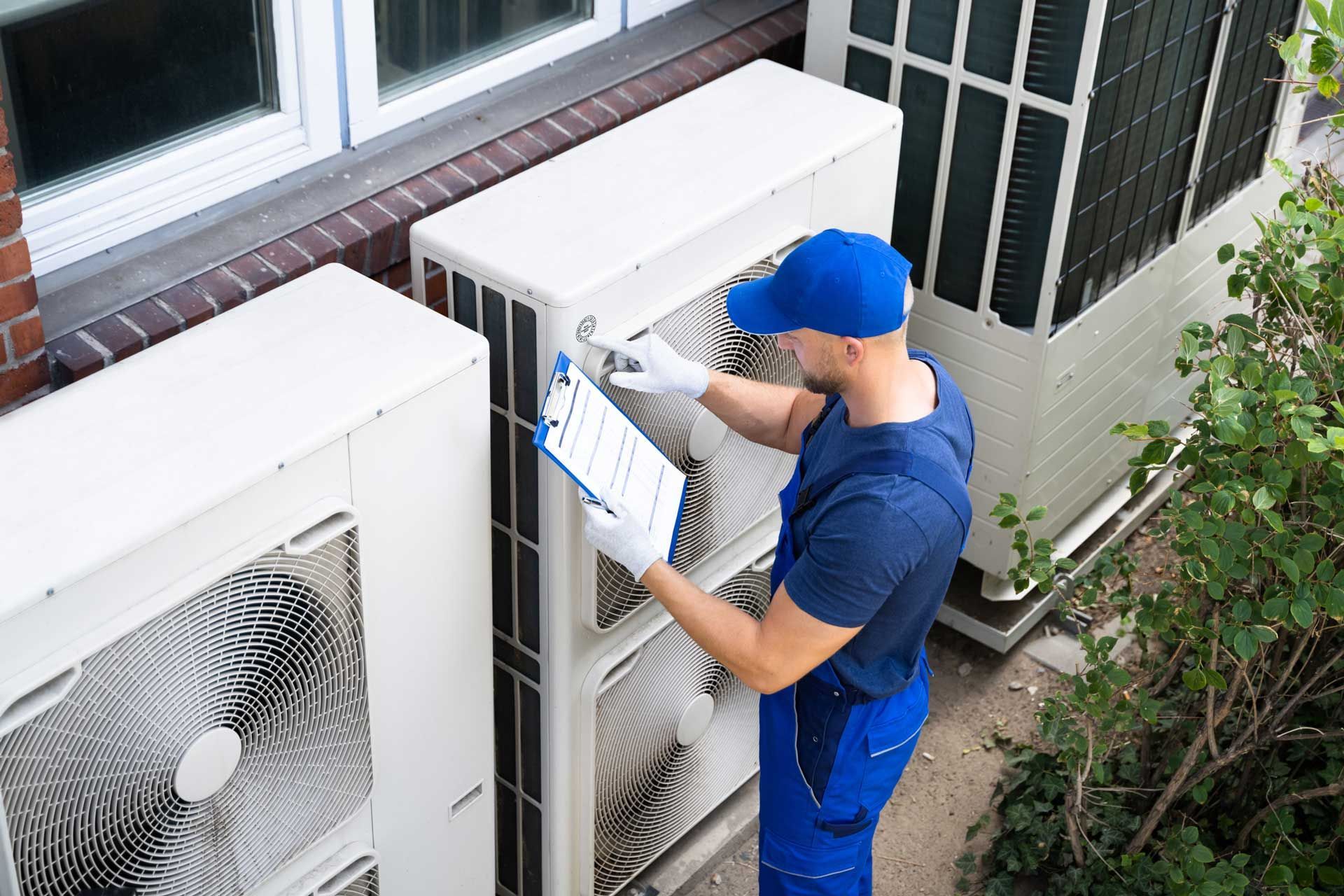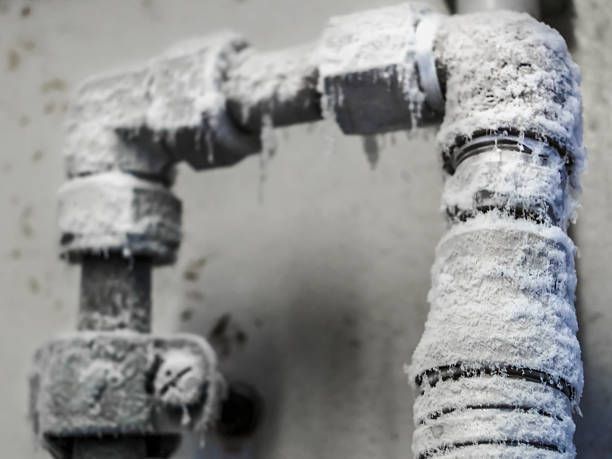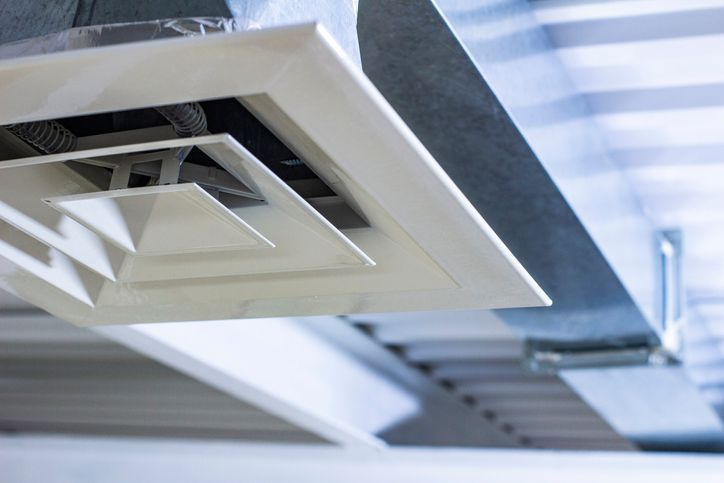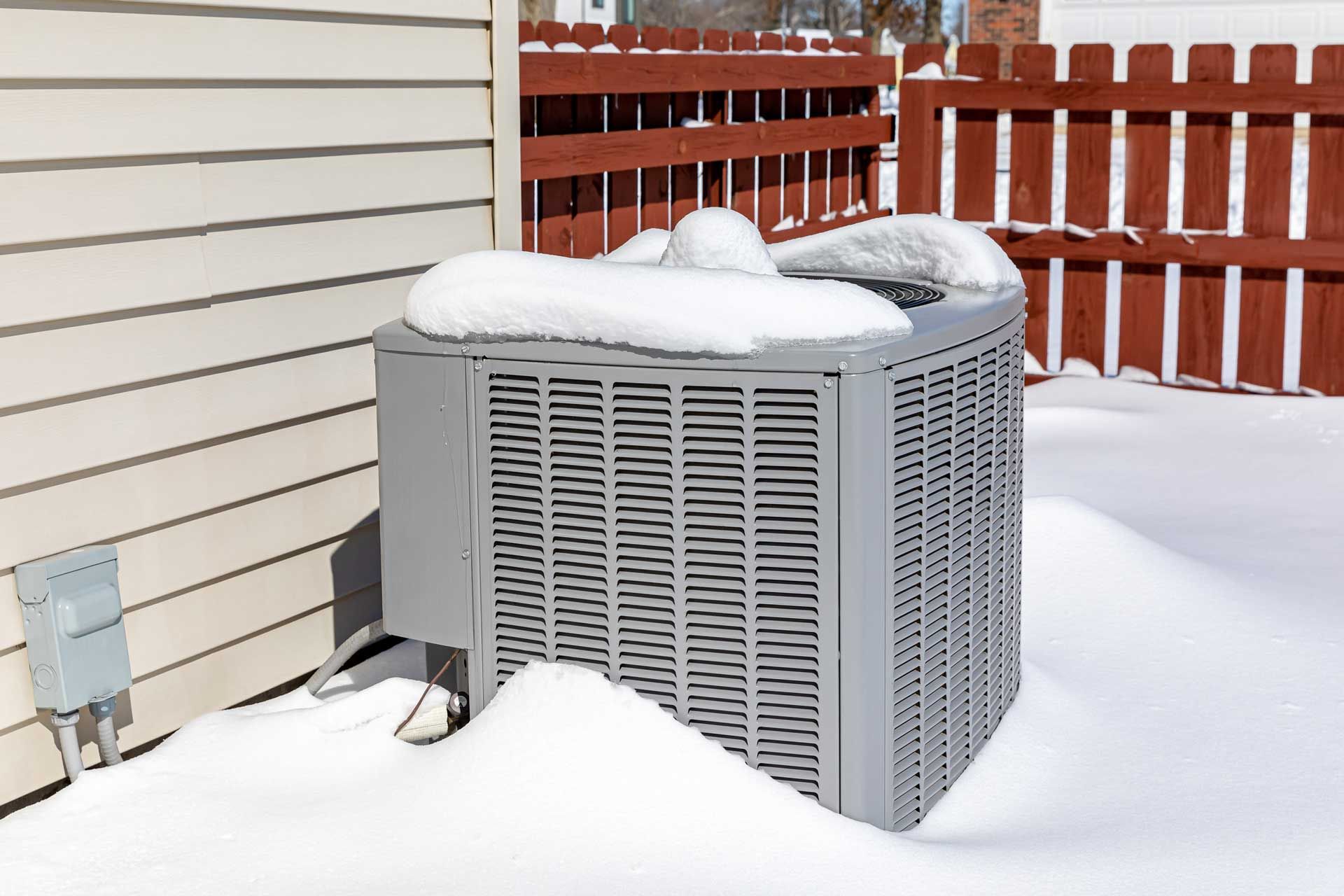gwpms@yahoo.com
Causes and Solutions of Unusual Water Heater Sounds
Water heaters always make a given amount of noise during regular operation. Nonetheless, weird noises can indicate severe underlying problems. Read on to explore various sounds from your heater and what each means.
Hammer Sounds
Also known as a knock, hammer sounds happen due to the abrupt cessation of water flow. This is because the water lacks a place to flow to your plumbing and backpedals to your water heater. Also, if your water lines are not firm, a sudden switch in water flow causes the pipes to shift and knock against each other.
Water hammers do not always stem from your water heater but are destructive to the appliance. For instance, that hammer could cause your pipes to burst or deform the top part of your water tank. To solve knocking sounds, install a hammer arrestor or shock absorber, which absorbs shock waves and protects your heating and plumbing systems from damage.
Humming Sounds
Water heaters have a looped heating element that heats your water. Sometimes, the usual water flow past the unit generates small vibrations that sound like hums. Other times, the components of the elements could loosen up due to poor installation or wear and tear. Loose parts allow water to pass between the tank wall, causing humming noises.
The solution to the hums is to tighten any loose components. First, turn off the water heater and wait for some hours before you inspect the components. Then, if any pieces are loose, tighten the screws and bolts of the affected parts. Alternatively, call a professional plumber to avoid any burns that could happen from water leaks and other electrical accidents.
Ticking and Tapping
Fluctuations in copper pipes' water pressure, expansion, and contraction induce ticking sounds. The noise could also happen due to the usual function of the water heater valve. Sediment build-up, too, can cause ticking and tapping noises.
These sounds are usually not problematic. Provided the shifts in water pressure are not dramatic or frequent, your system will not face damage. However, if the noise persists, and you have copper pipes, turn the water heater's thermostat down by a few degrees and observe whether the noise fades. If the noise is from the valves, get dielectric nipples to replace the heat traps.
Screeches
Screeches and other squeaky sounds happen when the water flow through the valves is over-restricted. In other cases, loose valves could let the air out of your tank and generate screeching or whistling sounds. Finally, if your valve is halfway open, the narrow space creates high pressure, producing noise.
Examine your heating unit's temperature and pressure relief valve if you hear screeches. If unsure of the component's location, look through your user manual. If the sound originates from the relief valve, turn off the tank's electricity, gas, and water. Then, invite a professional plumber for a thorough inspection and repair.
Rumbling and Popping Sounds
Sediment accumulation is a common occurrence in places with hard water. The deposits from various minerals then interfere with the unit's usual function and generate noises. For instance, the expansion that happens when water heats up causes the sediments to rise and brush against the water tank. You then hear rumbles from the interaction between lime build-up and the water tank.
Like rumbles, popping sounds often occur due to mineral and limescale build-up in your tank. As the water heats, steam bubbles form underneath the build-up, generating popping sounds. The solution to the sound is to disintegrate the limescale in your tank. So, call an expert to remove the sentiment and flush your tank every four to twelve months , especially if your area has hard water.
Quick Links
Business Information
Phone: 317-924-4042
Email: gwpms@yahoo.com
Address: 67 North 2nd Avenue Beech Grove, IN 46107
24-Hour Emergency Service
PC License #CP10100003
Our Location
